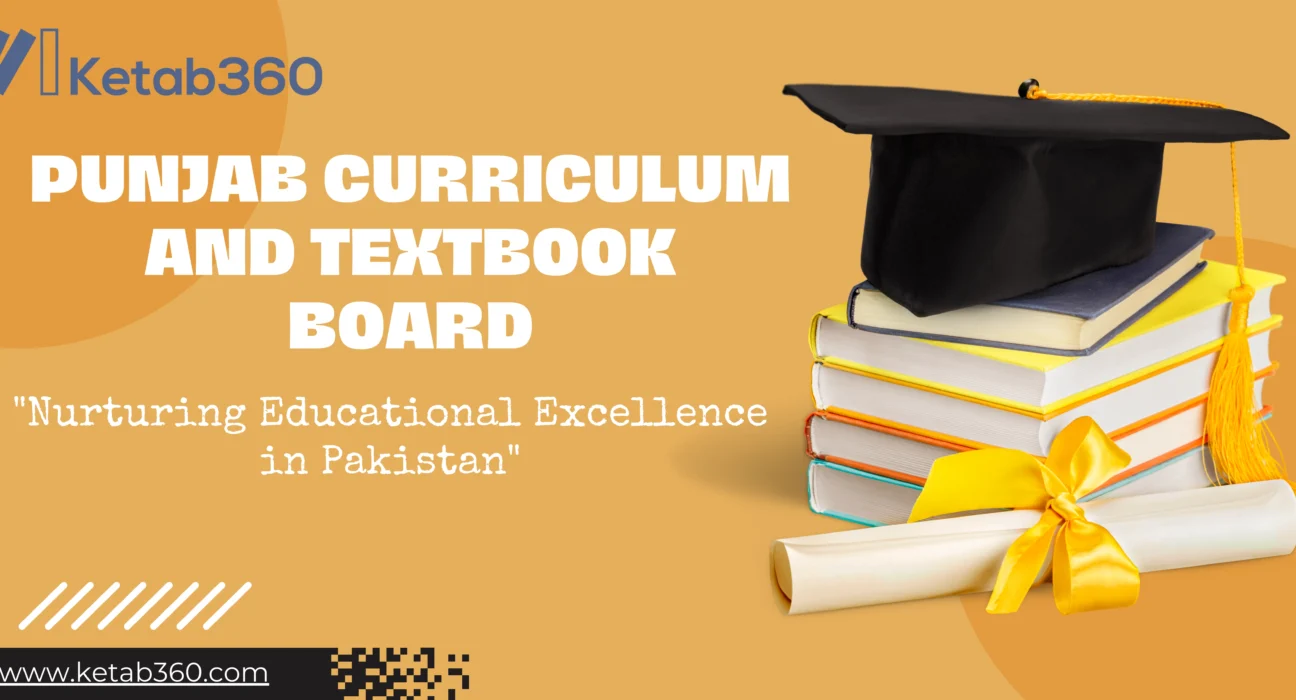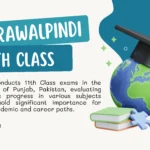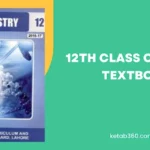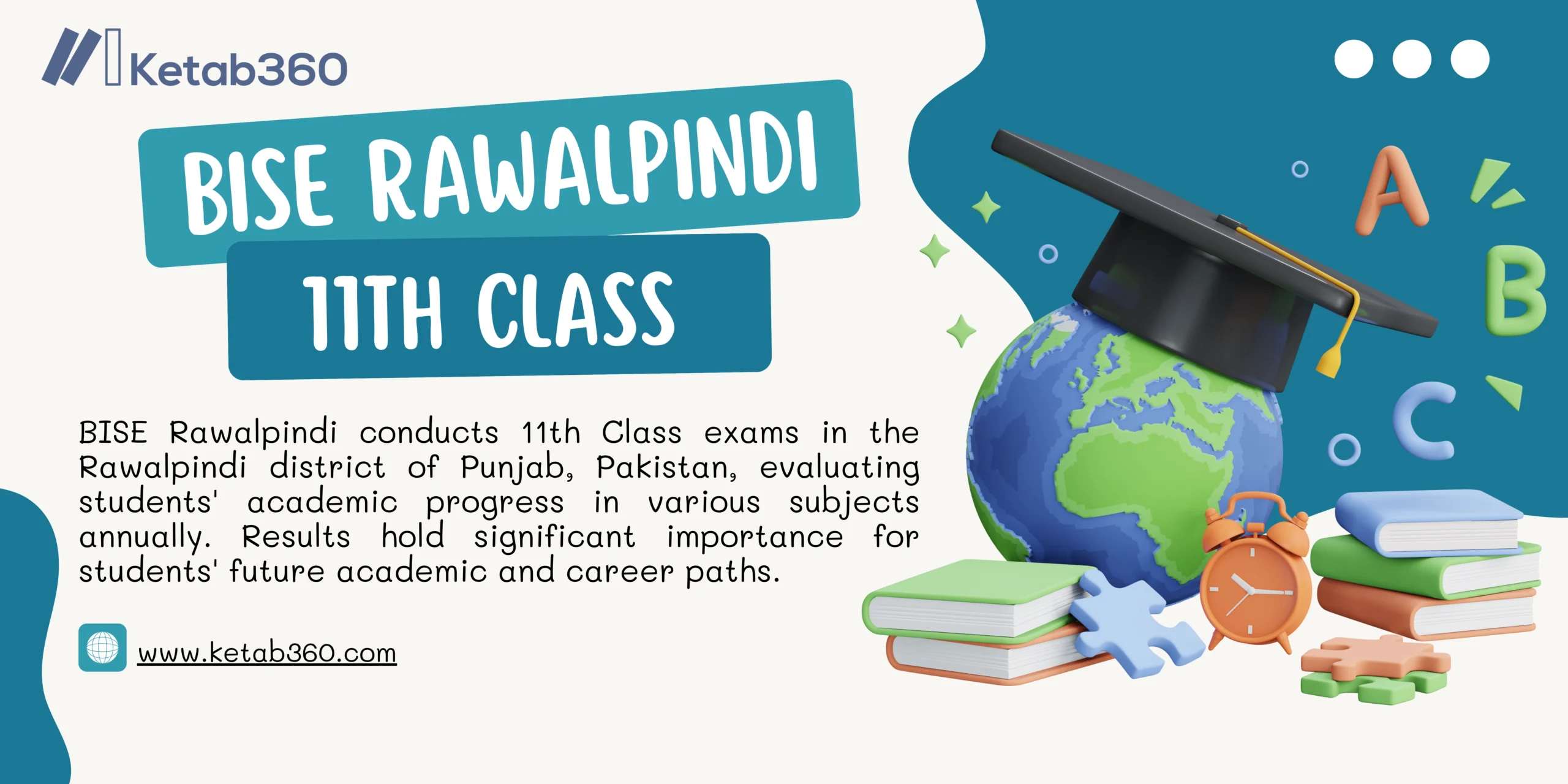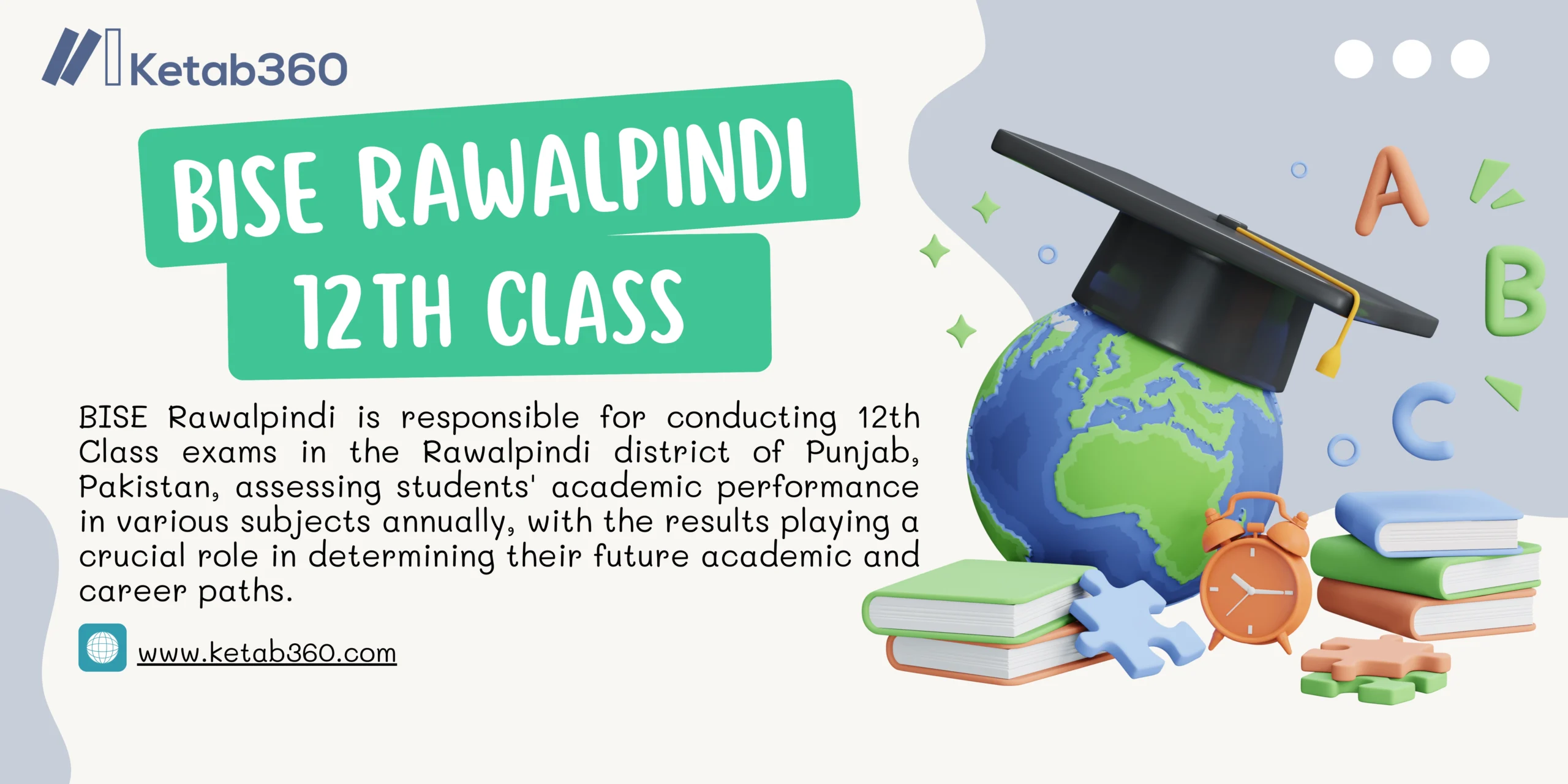Introduction:
Education is the foundation of progress and prosperity in any nation, and Pakistan recognizes the significance of providing quality education to its citizens. The Punjab Curriculum and Textbook Board (PCTB) is a crucial institution in the educational landscape of Punjab, Pakistan. It plays a vital role in formulating curricula, developing textbooks, and promoting educational excellence across the province. In this article, we delve into the history, functions, and contributions of the Punjab Curriculum and Textbook Board in shaping the educational framework of Punjab.
1. Historical Background:
The roots of the Punjab Curriculum and Textbook Board can be traced back to the early years of Pakistan’s independence. The establishment of PCTB in 1962 was a response to the need for a centralized authority responsible for developing standardized curricula and textbooks for educational institutions in Punjab. The board’s inception aimed to bring uniformity in the educational system, thereby fostering national cohesion and progress.
2. Mandate and Functions:
The PCTB operates under the umbrella of the Government of Punjab’s School Education Department. Its primary mandate is to develop and regulate curricula and textbooks for various levels of education, including primary, middle, secondary, and higher secondary. The key functions of the Punjab Curriculum and Textbook Board include:
a. Curriculum Development: PCTB is entrusted with the responsibility of devising and revising curricula for different subjects and levels of education. The curriculum development process involves consultations with subject experts, educators, and stakeholders to ensure its relevance, contemporary context, and alignment with national educational goals.
b. Textbook Development: PCTB develops and approves textbooks based on the curricula it designs. The board ensures that the textbooks adhere to high academic standards, are accurate, up-to-date, and align with the guidelines provided by the National Curriculum Council.
c. Quality Assurance: PCTB is committed to maintaining the quality of educational materials, ensuring that textbooks are free from errors, biases, and any content that may promote intolerance or misinformation.
d. Teacher Training: The board also collaborates with educational institutions to provide training and professional development programs for teachers. These initiatives aim to equip teachers with the necessary tools and methodologies to effectively deliver the curricula and engage students in the learning process.
e. Research and Innovation: PCTB engages in research and innovation to continuously improve the education system in Punjab. The board explores new teaching methodologies, incorporates feedback from teachers and students, and stays updated with the latest advancements in the field of education.
3. Advancements in Curriculum and Textbook Development:
Over the years, the Punjab Curriculum and Textbook Board has undergone various transformations to adapt to changing educational paradigms and emerging global trends. Some key advancements in curriculum and textbook development include:
a. Integration of Technology: With the advent of technology, PCTB has embraced digital tools to create interactive and multimedia-rich textbooks. This integration enhances students’ learning experiences and facilitates easy access to educational resources.
b. Inclusion of Critical Thinking and Problem-Solving: The revised curricula emphasize critical thinking, analytical skills, and problem-solving abilities. This approach aims to foster independent and creative thinking among students, preparing them for the challenges of the modern world.
c. Emphasis on Character Building: Besides academic knowledge, the curricula also focus on character building, moral values, and ethical conduct. These elements are deemed essential in nurturing well-rounded individuals who contribute positively to society.
d. Inclusivity and Diversity: The PCTB endeavors to promote inclusivity and diversity in its textbooks, ensuring representation and recognition of various cultures, ethnicities, and genders. This approach fosters a sense of belonging and respect for all students.
4. Challenges Faced by PCTB:
While the Punjab Curriculum and Textbook Board has made significant strides in improving the educational landscape, it faces several challenges that warrant attention:
a. Curriculum Relevance: The rapid pace of technological advancements and changes in the job market necessitate regular updates to the curriculum to ensure it remains relevant and responsive to the needs of students and the society.
b. Standardization Across Provinces: As each province in Pakistan has its own curriculum and textbook boards, ensuring alignment and standardization of education across the country poses a significant challenge.
c. Addressing Socio-Economic Disparities: PCTB faces the task of designing curricula and textbooks that cater to students from diverse socio-economic backgrounds. Balancing the content to be engaging, informative, and accessible to all students is crucial.
d. Teacher Capacity Building: While PCTB provides teacher training programs, the scale of the education system requires ongoing efforts to enhance the capacity and professional development of educators.
5. Contributions to Educational Excellence:
Despite challenges, the Punjab Curriculum and Textbook Board has contributed significantly to educational excellence in Punjab. Some of its notable contributions include:
a. Standardization and Quality Assurance: PCTB’s role in developing standardized curricula and textbooks has brought uniformity and quality assurance to the education system in Punjab.
b. Improved Access to Education: By providing free or low-cost textbooks to students, PCTB has helped increase access to quality education, particularly for underprivileged students.
c. Enhanced Teaching-Learning Experience: The introduction of digital resources and interactive teaching materials has enhanced the teaching-learning experience for both teachers and students.
d. Educational Research and Innovation: PCTB’s research initiatives and innovative approaches to education have paved the way for continuous improvement in the educational ecosystem.
Conclusion:
The Punjab Curriculum and Textbook Board holds a pivotal position in Pakistan’s educational landscape. As a trailblazer in curriculum and textbook development, it plays a vital role in shaping the intellectual and moral fabric of the nation’s youth. PCTB’s dedication to providing quality education, promoting inclusivity, and embracing technological advancements makes it a driving force behind educational excellence in Punjab. By continuously adapting to changing times and addressing challenges, the board remains committed to nurturing a generation of educated and enlightened citizens who can contribute positively to society and lead Pakistan towards progress and prosperity.


